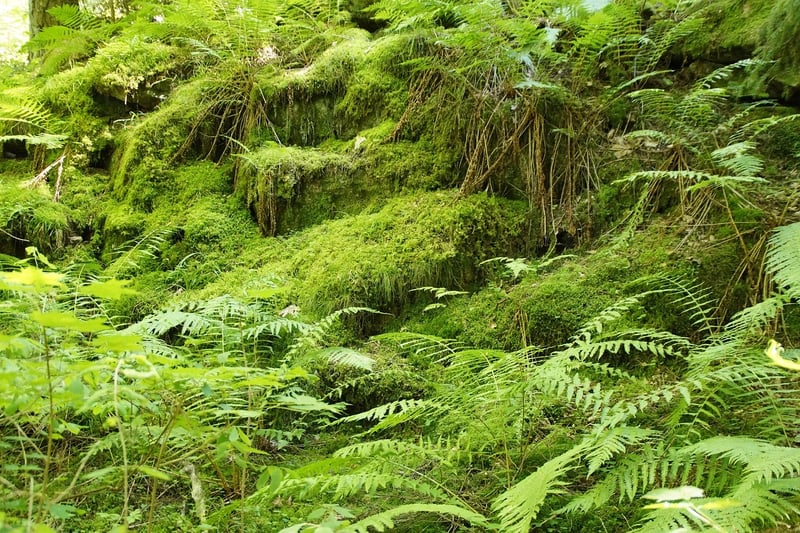Mystical flora
Unveiling the Mysteries of Magical Plants
Plants have always held a special place in human culture, often associated with mystical properties and magical powers. From ancient times to modern-day practices, certain plant species have captivated our imagination and curiosity. Let's delve into the enchanting world of mystical flora and explore some of the most intriguing plant species that have mystical significance.
The Enigmatic Mandrake Root
The mandrake root is steeped in folklore and superstition, believed to possess mystical qualities. Its human-like shape has led to various legends, including the belief that it screams when uprooted. In ancient times, the mandrake was associated with love potions and considered a symbol of fertility and prosperity.

The Mysterious Moonflower
The moonflower, with its nocturnal blooming and intoxicating fragrance, has long been linked to magic and mystery. In many cultures, it is associated with dreams, visions, and spiritual awakening. Some believe that the moonflower's petals can reveal hidden truths and unlock the secrets of the universe.

The Sacred Sage Plant
Sage has a rich history of ceremonial and medicinal use among indigenous cultures. It is believed to have cleansing and purifying properties that can dispel negative energies and promote healing. Burning sage, also known as smudging, is a common practice to clear spaces of unwanted influences.

Unlocking the Secrets of Magical Plants
Exploring the mystical world of plants not only connects us to nature but also opens our minds to the wonders of the unknown. Whether used in rituals, potions, or simply admired for their beauty, mystical flora continues to fascinate and inspire us with its enchanting allure.
Embrace the magic of plants and let their mystical essence guide you on a journey of discovery and wonder!
For more enchanting images of mystical plants, visit Pixabay.
